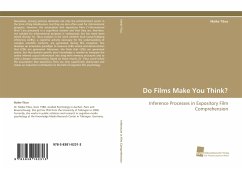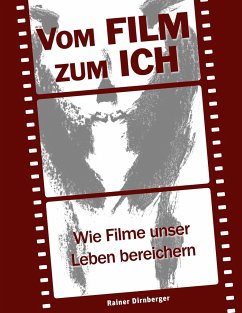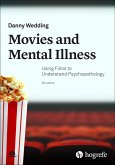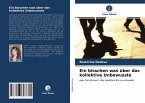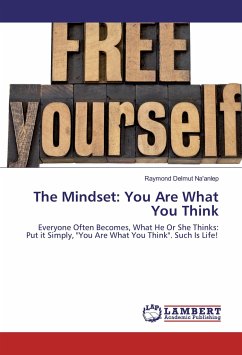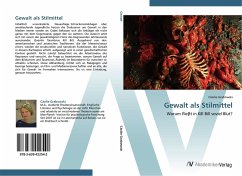Nowadays, moving pictures dominate not only the entertainment sector in the form of big blockbusters, but they are also often used for informational purposes. However, the assumption that expository films ("informational films") are processed in a superficial manner and that they are, therefore, not suitable for informational purposes is widespread, but has never been tested directly. Dr. Tibus analyzes in her work whether local causal bridging inferences (LCBIs), a cognitive activity necessary for the understanding of complex scientific contents, are generated during film reception. She develops an innovative paradigm to measure LCBIs online and demonstrates that LCBIs are generated. Moreover, she finds that LCBIs are generated online, but that domain specific prior knowledge is needed to integrate the online inferred causal information into long-term memory structures and to yield a deeper understanding. Based on these results, Dr. Tibus could refute the assumption that expository films are only superficially elaborated and makes an important contribution to the field of cognitive film psychology.
Hinweis: Dieser Artikel kann nur an eine deutsche Lieferadresse ausgeliefert werden.
Hinweis: Dieser Artikel kann nur an eine deutsche Lieferadresse ausgeliefert werden.

